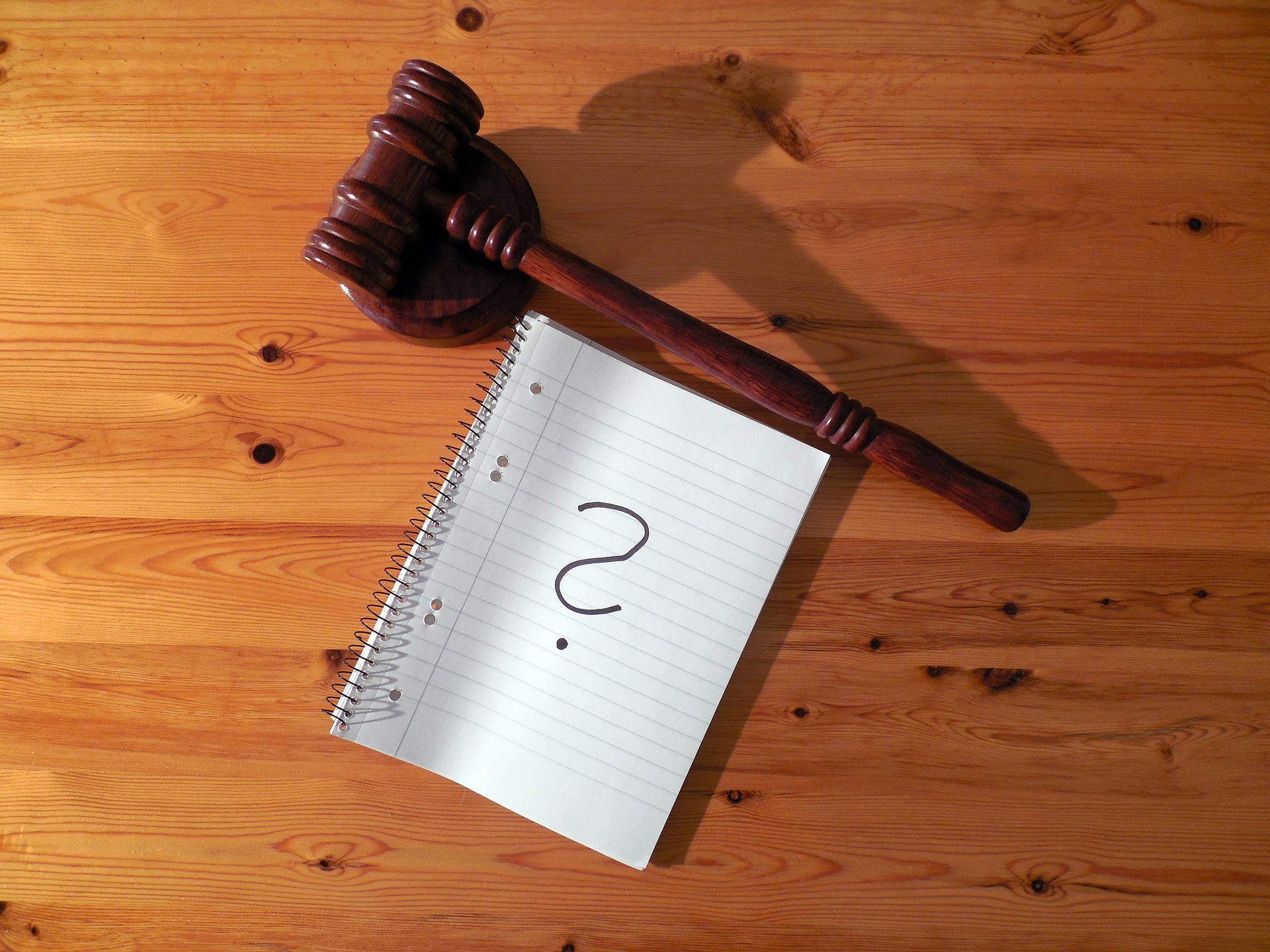
UPDATE: The Court granted a publication request (filed by this commentator) on November 8, 2022. See here.
A big part of winning at trial is getting your evidence in—and keeping your opponent’s evidence out. So on appeal, parties often argue that the judge made the wrong ruling when it kept your favorable evidence out—or let your opponent’s evidence in. And like with many things on appeal, the trial judge usually gets a lot of leeway on evidentiary rulings, because they are reviewed for abuse of discretion.
But not always. Ever since the Supreme Court’s holding in Reid v. Google, Inc. (2010) 50 Cal.4th 512, practitioners have watched carefully to see if a trend of more rigorous review of evidentiary rulings might emerge, at least in the context of motions for summary judgment. Reid applied de novo review to evidentiary objections made at summary judgment when the trial court failed to rule on them. (Id. at p. 535.) As the Supreme Court noted, it is hard to know if the trial court abused its discretion if it did not exercise any.
So supporters of more rigorous review have been disappointed that, despite Reid, every appellate district has published opinions distinguishing Reid and applying the abuse-of-discretion standard to evidentiary rulings. (There are only two published cases since Reid that have applied the de novo standard: Pipitone v. Williams (2016) 244 Cal.App.4th 1437, and Alexander v. Scripps Memorial Hospital La Jolla (2018) 23 Cal.App.5th 206.)
And that is also what happened in Doe v. Software One, Inc. (D4d3 Oct. 12, 2022 no. G060554) 2022 WL 6901145 (nonpub. opn.), which distinguished Reid and applied the abuse-of-discretion standard to evidentiary rulings connected with a motion for summary judgment.
In Software One, Doe sued for discriminatory and retaliatory termination. Software One successfully moved for summary judgment, but then Doe filed a motion for new trial on a legal issue, which the trial court granted, thus vacating the summary judgment.
On appeal, Software One argued the trial court erred in failing to sustain its objections to Doe’s evidence. Software One had filed nearly 100 pages of written objections, raising objections to 79 portions of Doe’s declarations opposing summary judgment.
The Fourth District noted that “the weight of authority since Reid supports application of the abuse of discretion standard.” The court also noted that “application of the abuse of discretion standard is eminently sensible in light of the practical realities of evidentiary objections in summary judgment proceedings.” “The court specifically pointed to the volume of objections raised: This quantity is not unusual for a motion for summary judgment: “We recognize that it has become common practice for litigants to flood the trial courts with inconsequential written evidentiary objections, without focusing on those that are critical.” (Reid, supra, 50 Cal.4th at p. 532.)”
The court went on to note that trial courts “typically rule on evidentiary objections in summary fashion, which often prevents us from determining the precise nature (i.e., principally legal or factual) of the trial court's ruling. And rulings on evidentiary objections often “involve trial courts making qualitative and sometimes equitable determinations,” which are the sort of decisions we typically review for abuse of discretion. (Howard Entertainment, Inc. v. Kudrow (2012) 208 Cal.App.4th 1102, 1124 (conc. opn. of Turner, P. J.).)”
Comment: The court’s analysis is valid, but one still has misgivings about treating hearsay objections as discretionary. Evidence is either hearsay, or it is not—there is no discretion on that point. Now, a trial judge, having determined a piece of evidence is hearsay, may yet decide the evidence is sufficiently trustworthy for the point at issue. That would be a discretionary call. But if the trial court overruled the hearsay objection because the court incorrectly found the evidence was not hearsay, then the court did not actually exercise any discretion—and a failure to exercise discretion is an abuse of discretion.
The better approach, in this commentator’s view, would be for the appellate courts to treat this issue as one of waiver. Under Reid, the de novo standard applies only when the objection is made, and the party opposing summary judgment specifically invites the trial court to rule on the objection. This gives effect to the summary judgment statute, Code of Civil Procedure section 437c(b)(5), which already requires that evidentiary objections to be made at the hearing. So if the opposing party has filed 100 pages of written evidentiary objections, as Software One did here, and a certain subset of those are particularly important in defeating the motion, then counsel needs to take care to raise them specifically at the hearing. If the judge then fails to rule, then under Reid the ruling (or lack of ruling) is reviewed de novo.
But if the opposing party simply lets a ream of written objections stand without raising them at the hearing, then the objections should be treated not as overruled by operation of the trial court’s discretion, but as waived by operation of Reid and section 437c(b)(5).